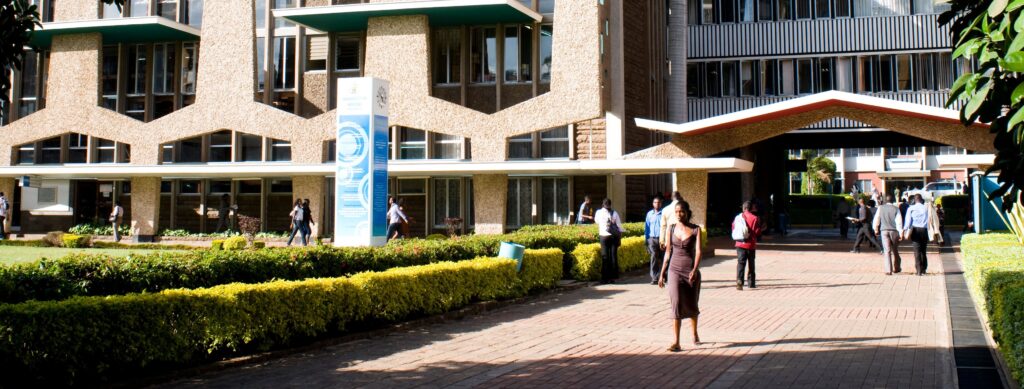TCU Joins Social Science Research Council, Advancing Research-Led Public Innovation
The Social Science Research Council is pleased to welcome Texas Christian University to the College and University Fund for the Social Sciences. TCU, which enrolls over 11,000 undergraduates and nearly 2,000 graduate students, supports innovative research centers dedicated to increasing community well-being, including the Institute of Behavioral Research and the Karen Purvis Institute of Child Development.



